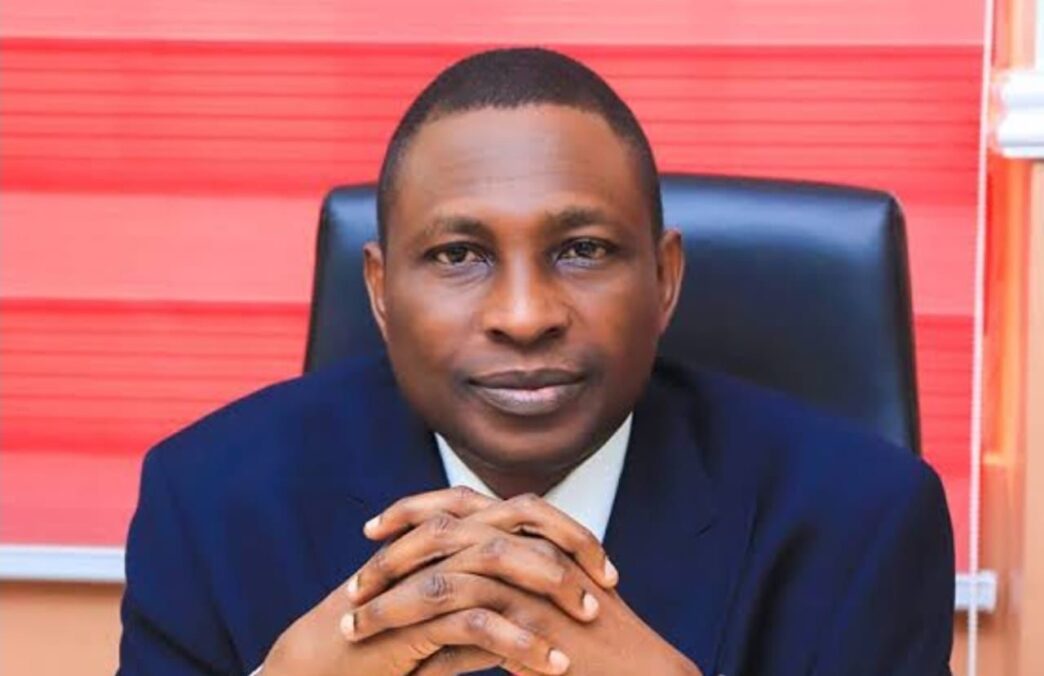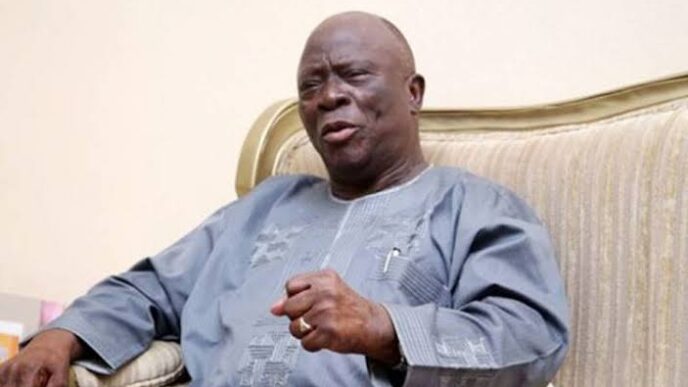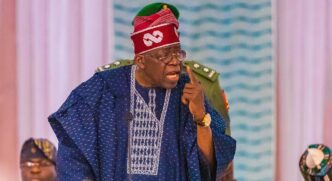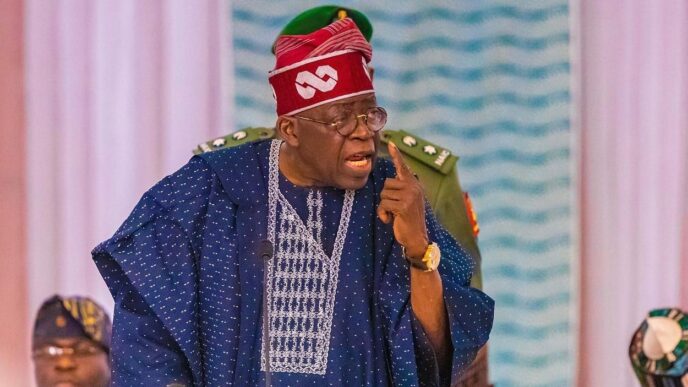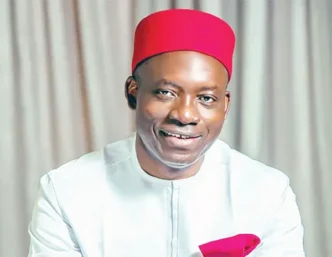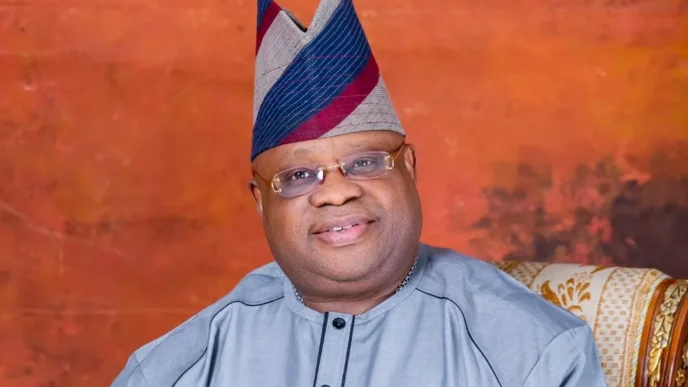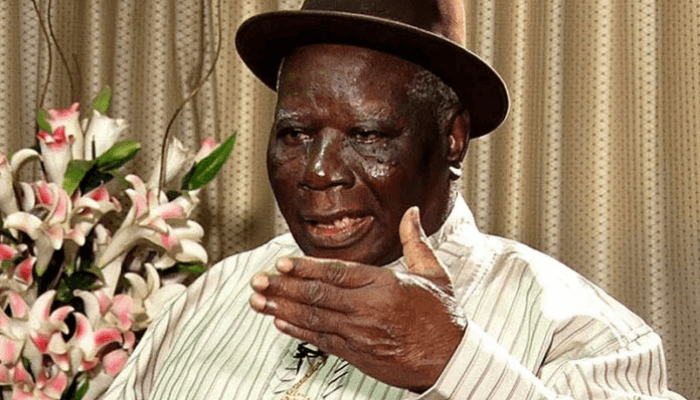The Executive Chairman of the Economic and Financial Crimes Commission (EFCC), Ola Olukoyede, has warned that internet fraudsters, popularly known as Yahoo boys, have expanded their criminal activities beyond online scams to more dangerous crimes such as kidnapping, ritual killings, and arms trafficking.
He made this known on Thursday, February 13, 2025, while addressing the management team of The Punch at the EFCC headquarters in Abuja.
According to Olukoyede, Nigeria lost over $500 million in one year due to internet fraud, highlighting the growing impact of cybercrime on the nation’s economy and security.
“We are doing the work. Last year alone, we had over 11,000 petitions, investigated close to 9,000, and prosecuted nearly 5,000 cases despite our limited manpower,” he stated.
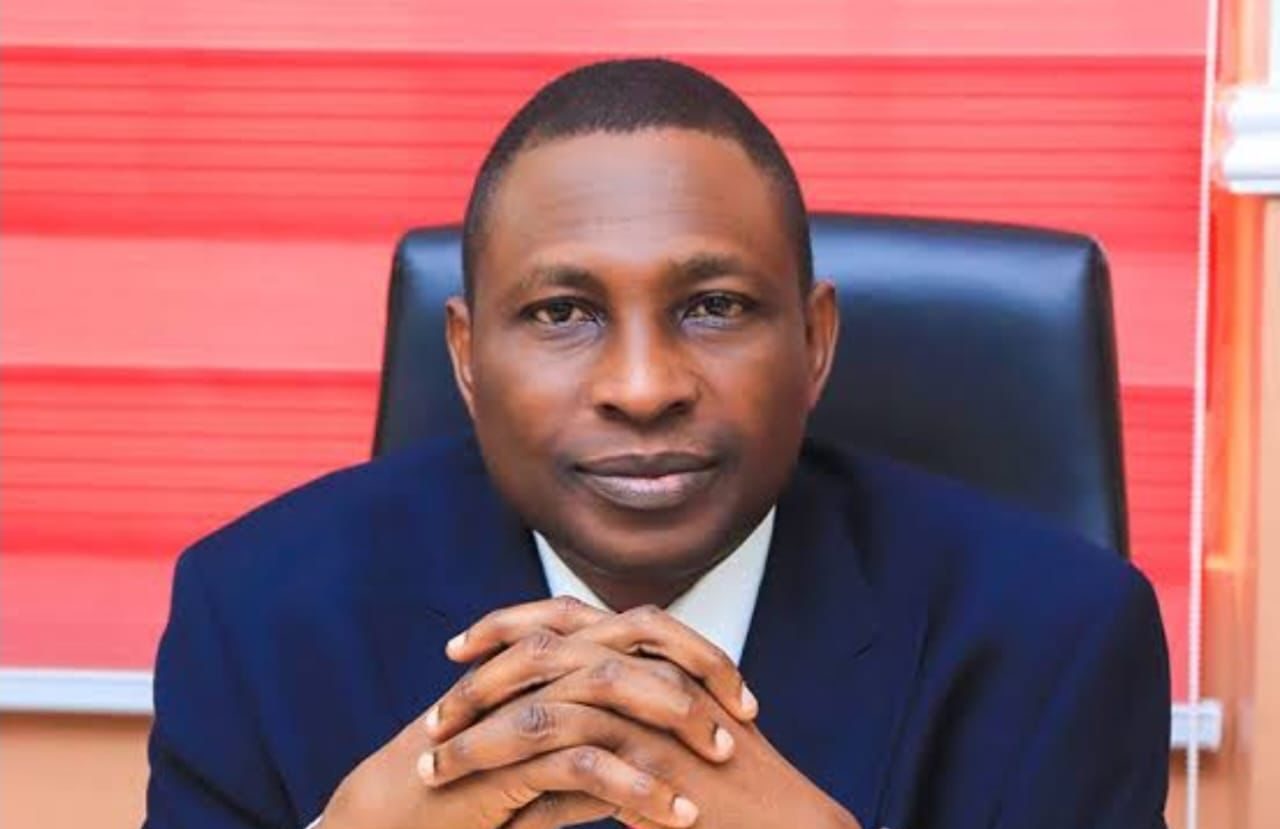
He also emphasized that the issue of cybercrime had evolved beyond defrauding people online, revealing that some fraudsters were now involved in more violent crimes.
“It is no longer just about scamming people. They are now into kidnapping, banditry, and ritual killings.
Some of our investigations have uncovered horrifying details, including cases where young female victims were used for rituals,” he said.
Moreover, he warned that if urgent action was not taken, the country could face a severe crisis in the coming decade.
Meanwhile, Olukoyede reaffirmed his commitment to internal reforms within the EFCC, revealing that 27 staff members had been dismissed over corruption allegations.
“You cannot be fighting corruption and be corrupt yourself,” he said.
Furthermore, he challenged anyone to present evidence that he had ever taken bribes, stressing that integrity was key in the battle against financial crimes.
In addition, he urged the media to support the commission by engaging in investigative journalism that exposes corruption and promotes accountability.
“The media has always been a key player in the anti-corruption fight. In the early 2000s, before the EFCC was established, it was journalists who exposed many financial crimes.

We need to return to that era where the media and law enforcement work together to protect the country,” he added.
The Chief of Staff to the EFCC Chairman, Michael Nzekwe, also emphasized the importance of media collaboration in sustaining anti-corruption efforts.
“The media is a critical partner in this fight. The advocacy and awareness you create have helped sustain the anti-corruption movement in Nigeria.
We ask for even more understanding in the way our work is reported. The fight against corruption is for the good of all Nigerians, not just the EFCC,” he said.
However, with cybercrime evolving into more dangerous activities, the EFCC has called on citizens to remain vigilant and report any suspicious activities in their communities to ensure collective security.

